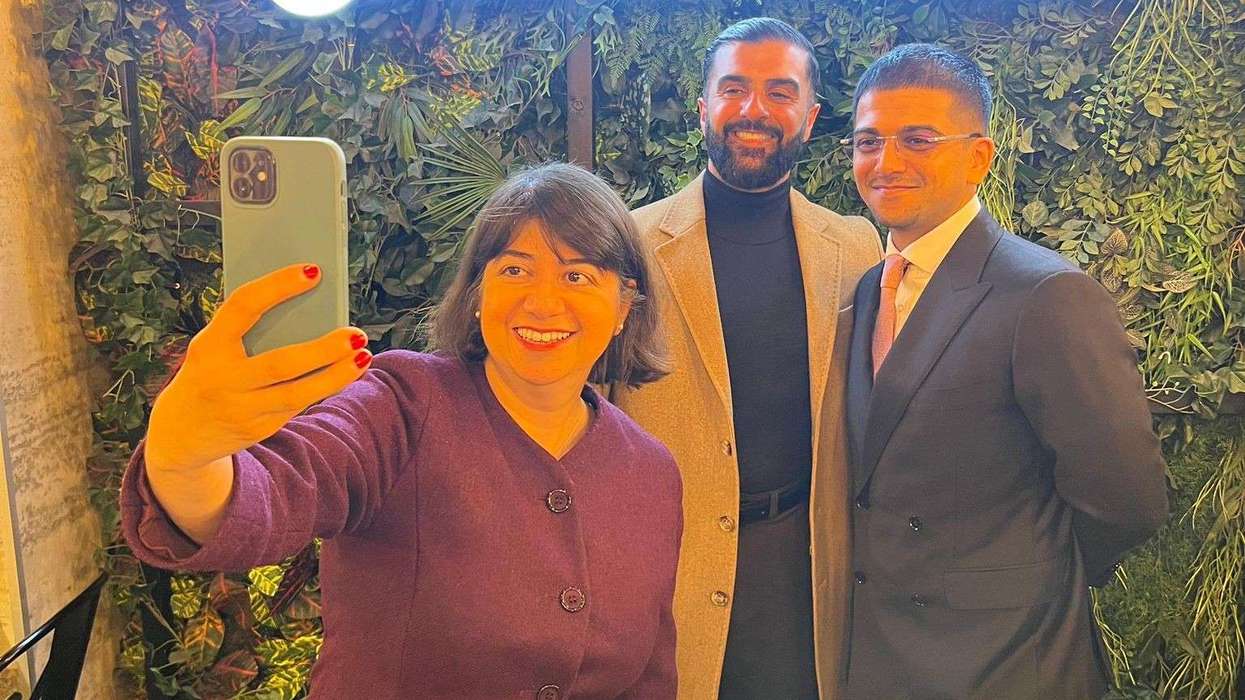Forget just watching trailers because Summer Game Fest 2025 felt like getting sucker-punched by pure gaming hype. Midnight drops, world premieres that actually stunned us, moments that genuinely shook the community, this year’s show proved why gaming is still one of the most exciting places to be. Let’s dive into the ten moments that had everyone talking, sharing clips, and questioning what’s possible next.
1. Resident Evil: Requiem stole the show
Capcom closed the show with Resident Evil: Requiem (27 February 2026), a franchise reboot returning to Raccoon City with chilling realism. First came whispers of a “30th-anniversary project,” then, boom: Requiem. Returning Raccoon City to its rotted roots, this 27 February 2026 release promises sweat-beaded character models and a terror so vivid you’ll feel it in your bones. That fake-out tease from Jun Takeuchi? Pure genius, and fans are still reeling.
- YouTube youtu.be
2. Switch 2 dominated the conversation
Even though it launched just days before (3 June), Nintendo’s Switch 2 was the talk of SGF. Seeing Cyberpunk 2077 running smoothly silenced doubters. Sonic Racing: CrossWorlds showed off cross-platform play, something Mario Kart still lacks. Plus, leaks about Mortal Shell 2 and Code Vein 2 coming to Switch 2 just fuelled the fire. Everyone was talking about it, stage or no stage.
- YouTube youtu.be
3. Death Stranding 2: Kojima does it again
Hideo Kojima’s sequel looks like another emotional powerhouse. Elle Fanning’s voiceover, stunning visuals, and Woodkid’s score made the trailer feel like a mini-movie. Mark your calendars: Death Stranding 2 hits PS5 on 26 June. Get your tissues and DualSense ready.
- YouTube youtu.be
4. "Play Now" was the real star
SGF changed the game with instant drops. Lies of P: Overture announced its DLC and released it right then. Hitman dropped a new Casino Royale-inspired mission featuring Mads Mikkelsen as LeChiffre, sparking a month-long chase. Wildgate opened its beta minutes after reveal. Announce a game, play it instantly? Brilliant.
- YouTube youtu.be
5. Indies shone bright
Day of the Devs (6 June) was a welcome dose of creativity amidst the AAA giants. Possessors mixes Metroidvania exploration with seriously creepy body horror. Big Walk from the Untitled Goose Game team turns voice chat into a brilliant puzzle tool. Ambrosia Sky (imagine Metroid Prime meets cosmic exploration) proved indie games crackle with fresh ideas.
- YouTube youtu.be
6. Sequels nobody expected
SGF 2025 was full of "Wait, what?!" sequels. Atomic Heart 2 cranked its bizarre retro-future chaos way up. Scott Pilgrim EX brought the original devs and Anamanaguchi back for a time-bending brawler. And the whispers about Mortal Shell 2 and Code Vein 2 confirmed the souls-like scene is getting even hotter.
- YouTube youtu.be
7. Cool gear & crazy crossovers
The Xbox Showcase revealed the slick ROG Xbox Ally handheld (a Microsoft/Asus collab). But the real buzz came from Sonic Racing: CrossWorlds adding wild guest characters: Minecraft’s Steve, Persona 5’s Joker, and Yakuza’s Ichiban. Lego Voyagers also looked fun, offering split-screen chaos with a friend pass.
- YouTube youtu.be
8. Sonic went all-in on chaos
Sega didn’t stop at those crazy kart racer cameos. CrossWorlds getting full cross-platform play was a direct shot at Mario Kart. And they teased even more unexpected crossovers, leaving fans speculating wildly. It felt like a new era of open, chaotic fun.
- YouTube youtu.be
9. Future gems got us hyped
SGF teased some truly unique upcoming games. Stranger Than Heaven is a noir detective story in 1940s Japan where basic needs like hunger are deadly. Killer Inn pits 24 players against each other in social deduction within a haunted mansion. The Cube hinted at a massive, ever-changing MMO set in the Atomic Heart universe. Absolute mind-bending stuff.
- YouTube youtu.be
10. Diverse voices took centre stage
Beyond the main show, SGF amplified crucial voices: Day of the Devs, Women-Led Games, Black Voices in Gaming, and spotlights from Japan, Latin America, and more. These stages delivered vital perspectives, proving gaming’s future is richer and more varied than ever.
- YouTube youtu.be
Why SGF 2025 changed the game
Summer Game Fest 2025 proved you don’t need a massive convention hall to make waves. It filled the void E3 left behind, sure, but more importantly, it captured the raw excitement of gaming right now. From surprise drops to wild crossover moments, it proved that the next big thing might be a studio you’ve never heard of or a feature that’s available to play right now. It was a wild week that reminded us: the future of gaming is wide open, unpredictable, and packed with potential and that’s exactly why we love it.





